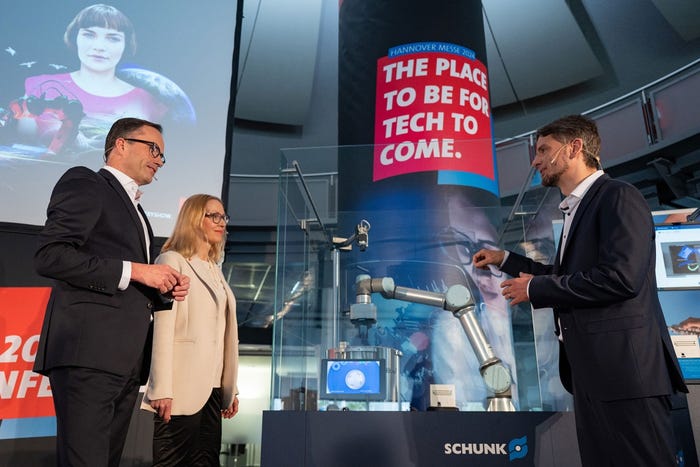All cities are under incredible pressure to reduce carbon emissions, but how do you do that? Cities like Seattle, San Diego, Washington, D.C., Calgary and Alberta found a very simple-sounding answer: eliminate the need for people to own a car.
November 11, 2016

By Jesse Berst
UC Berkeley’s Transportation Sustainability Research Center found those five cities got about 28,000 cars off the roads by embracing car sharing. All five welcomed Car2Go, a car-sharing service from Council Lead Partner Daimler.
Researchers found the service prompted some residents to get rid of their old carbon-belching vehicles and for others to avoid buying a car in the first place. Most people who used the service drove much less overall. In the case of Seattle, it all added up to a 9,000-ton carbon emissions reduction per year. See how to replicate their success below.
A new three-year study found that car-sharing services, like Car2Go, can have a dramatic impact in reducing a city’s carbon emissions. Transportation is one of the leading causes of pollution. In the U.S., it’s a close second to power generation, according to the Environmental Protection Agency.
University of California Berkeley’s Transportation Sustainability Research Center tracked five cities that made use of Daimler’s Car2Go service, finding the service got 28,000 cars off the road and eliminated tens of thousands of tons of carbon emissions. The service allows people to get a car when they need one, making it easy to rent a vehicle for quick, one-way trips. The rental fee includes insurance, fuel and taxes and the cars do not have to be picked up or dropped off at a specific rental location.
Getting Cars Off the Road
The researchers found that once the car-sharing services were established, some residents no longer felt the need to own one of their own. Up to 5% got rid of old vehicles; another 10% scrapped plans to buy one. In all, each car-sharing vehicle was estimated to keep 11 privately-owned vehicles off the roads.
The vehicles residents got rid of were on average 14-years-old. They were less efficient vehicles that tended to belch more carbon emissions than average.
Shorter Trips, Too
But the research found it wasn’t just a matter of getting privately-owned vehicles off the road. People who used car-sharing services also drove less.
The mileage reductions varied from city-to-city, but researchers found that overall the car-sharing services typically reduced the overall miles driven by between 10 and 30 million miles per city per year.
Lessons from Seattle
But car-sharing doesn’t deliver the biggest impacts by itself. Researchers found the service delivered stronger results when it was easy to pair with other forms of transportation. The study found that the cities that saw the biggest impact from car-sharing also had the largest public transportation systems.
Researchers found that car-sharing is most commonly used for “first” and “last mile” trips. Users of the service use the shared cars to get to and from transit, but use public transportation for the biggest portions of their trips.
“You can see there’s a network effect in the places with the supportive policies and most coverage,” Sharon Feigon, executive director of the Shared Use Mobility Center, told the Guardian. “Car sharing is a more useful service when you can scale it up and connect it with other modes of transportation.”
Jesse Berst is the chairman of the Smart Cities Council, which helps cities use technology to become more livable, workable and sustainable.
You May Also Like



.png?width=300&auto=webp&quality=80&disable=upscale)


.png?width=300&auto=webp&quality=80&disable=upscale)